Aug 21 Attack Case: Trial reaches last stage
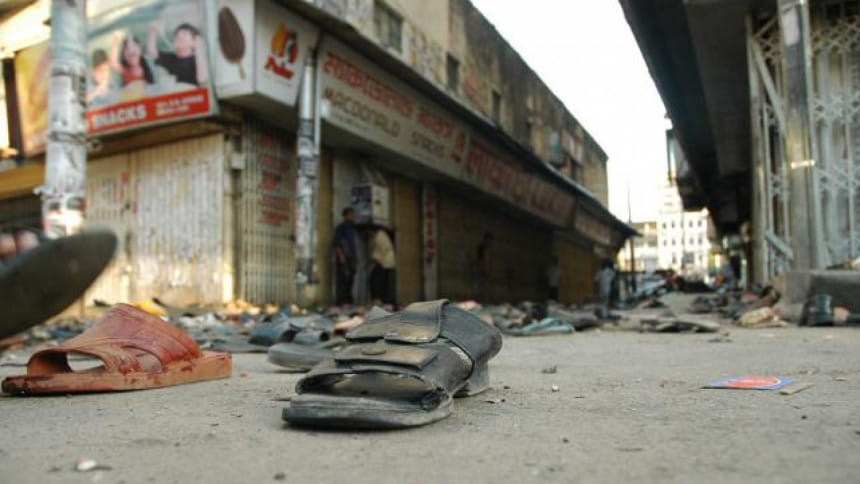
The defence counsels for all 49 accused in the August 21 grenade attack cases finally completed their closing arguments yesterday.
Afterwards, Advocate Nazrul Islam, on behalf of the former state minister for home Lutfozzaman Babar, sought time for placing arguments on points of law.
Judge Shahed Nuruddin of the Speedy Trial Tribunal-1 in Dhaka set September 4 and 5 for placing arguments on points of law from both the prosecution and the defence.
The court will set the date of the judgment in the cases after hearing the arguments.
During yesterday's arguments, Nazrul said the charges of holding meetings with militants at “Hawa Bhaban” and “BNP leader Abdus Salam Pintu's Dhanmondi residence” were not proved.
Moreover, the charges of supplying and detonating grenades were not proved and therefore his client should be acquitted of the charges, Nazrul added.
The prosecution and the defence took a combined total of 113 working days to complete the arguments which started from October 23 last year. The prosecution took 25 days while the defence took 88 days.
A total of 225 prosecution witnesses and 20 defence witnesses testified during the proceedings.
On August 21, 2004, a grenade attack killed twenty-four leaders and activists of the AL and its associate bodies and injured over 300 others.
Ivy Rahman, the then Mohila AL president and also the wife of late President Zillur Rahman, was among the deceased.
The then AL Chief and current Prime Minister Sheikh Hasina narrowly escaped with an ear injury.
Later, two cases -- one for murder and another under the Explosive Substance Act -- were filed with Motijheel Police Station.
In March 2012, the tribunal framed charges against the accused in the two cases.
Of the 49 accused, eight, including three former inspector generals of police, are now on bail; eighteen, including BNP Senior Vice Chairman Tarique Rahman, are on the run; and twenty-three, including Babar and Pintu, are in jail.
Following the attack, government high-ups tried to bury the truth and protect the masterminds by derailing the investigation.
But during the rule of the last caretaker government, led by Fakhruddin Ahmed, a new Criminal Investigation Department (CID) official was given the charge of a fresh probe in July 2007.
On June 11, 2008, the CID submitted a charge sheet accusing 22, including Huji leader Mufti Hannan and former deputy minister Abdus Salam Pintu.
It also hinted at the involvement of some government and security officials.
After the AL assumed power, the prosecution on June 22, 2009, sought further investigation to identify the grenade suppliers and the patrons of the attack.
On August 3, 2009, the court ordered the probe and a new CID official was assigned to the case.
Finally in July, 2011, the CID submitted a supplementary charge sheet, which pointed to a collaboration between the militant outfit Huji, a section of influential BNP and Jamaat-e-Islami leaders, and senior officials of the home ministry, police, Directorate General of Forces Intelligence (DGFI), National Security Intelligence (NSI) and the Prime Minister's Office in the attack.

 For all latest news, follow The Daily Star's Google News channel.
For all latest news, follow The Daily Star's Google News channel. 

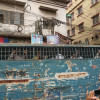
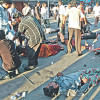
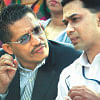
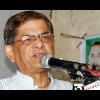
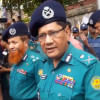


Comments